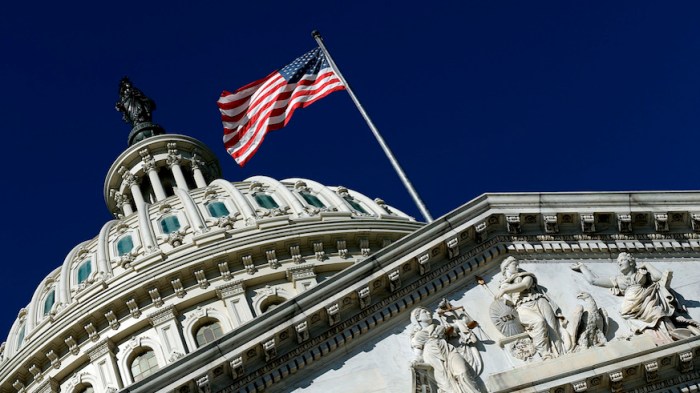About 10,000 Americans will die from lack of health insurance each year if the GOP tax bill goes into effect, said Larry Summers, the former Treasury Secretary under President Clinton and White House economic adviser to President Obama, on Monday, while other economists say the tax-cut plan will make it harder to fight the next recession.
The GOP tax bill, which was voted in by the Senate last Friday and now must be approved by the House, eliminates Obamacare’s individual mandate requiring people not covered by their employers to buy insurance. The nonpartisan Congressional Budget Office estimated that would cause 13 million people to lose insurance by pushing up premiums and destabilizing state exchanges. “I think this bill is very dangerous,” said Summers on CNBC’s “Squawk Box.” “When people lose health insurance, they’re less likely to get preventive care, they’re more likely to defer health care they need, and ultimately they’re more likely to die.”
Summers estimated the death toll in an op-ed for the Washington Post, citing studies by the Urban Institute and Harvard’s T.H. Chan School of Public Health. One study showed that 1 in 176 people who lose health insurance will die because of it; another put the number at 1 in 830. To be conservative, Summers set the number at 1 in 1,000, arriving at 10,000 deaths per year.
“You have to look at the data of what the patterns are all across the country,” he said. “I don’t see how you can believe that if 10 million or 13 million, whatever exactly the number is, of people are going to lose health insurance, that’s not going to have health consequences.”
Meanwhile, some economists say the GOP tax plan will hobble the country’s ability to cope with the next recession. By cutting the corporate tax rate from 35 to 20 percent, and eliminating the estate tax and alternative minimum tax, the bill would increase the federal deficit by about $1 trillion a year. The economy is growing the fastest it has in three years, and the workforce is at essentially full employment. “We should be paying down the debt now, so if we have a war or recession and we need to use tax cuts or increase government spending we’re in a position to do so,” said David Kelly, chief global strategist at JPMorgan Funds. “It’s wrong to deficit-finance a tax cut in a full employment economy when we already have high deficits.”
Tax cuts generally occur when the economy is in trouble, to boost consumer spending. Pushing the GOP tax-plan through now “could leave the government with fewer bullets during the next downturn,” said Jaret Seiberg, managing director at Cowen Washington Research Group.























